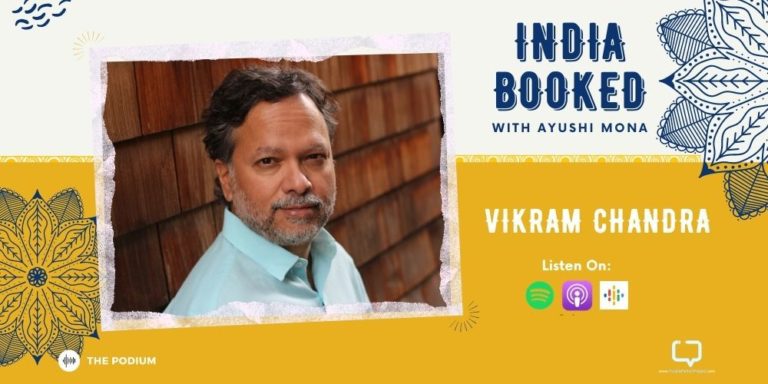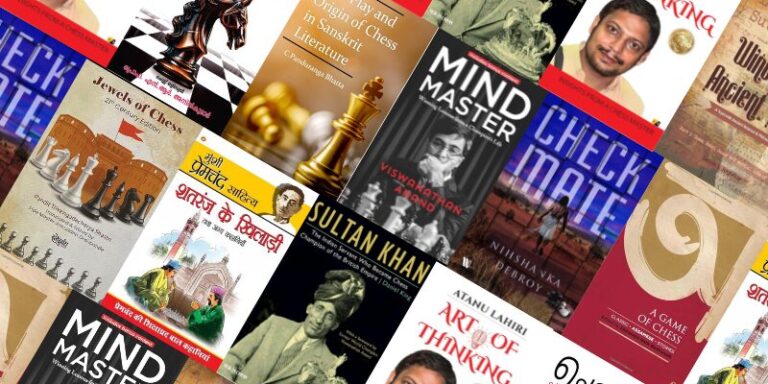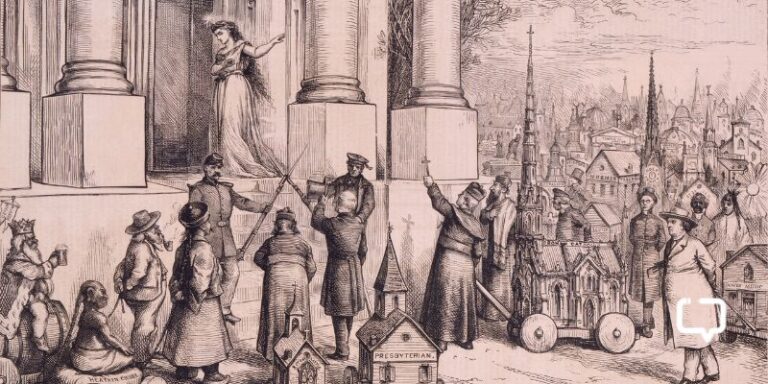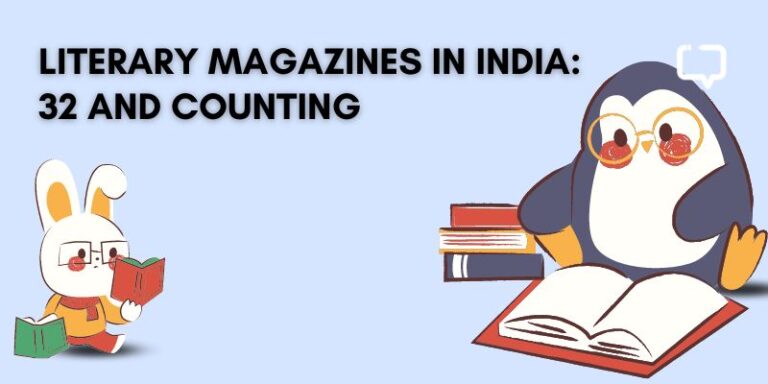Musings are part of every poet’s journey to writing. Without musing, how can a poet write, dream, and nurture words to make them express his or her thoughts, beliefs, wanderings, religiosity and essence of being?
We encourage you to buy books from a local bookstore. If that is not possible, please use the links on the page and support us. Thank you.
Lopamundra Banerjee has put her womanhood at the centre and like a flower spreading its petals, out of that centre are spread her poems and prose and once they spread they reach varied dimensions of both space and time. Divided into six sections:
a) Five weird musings
b) Kolkata, the poetry I breathe
c) Bon Voyage
d) Portrait of a woman as the artist
e) The Durga series
f) Cinema musings
This book of poetry and memoir brings the reader to the realm of the poet’s mind and how fleeting things of life cast their impressions upon it. Being a collection of different poems and prose pieces written at different times, the work, quite naturally traces back and forth the poet’s journeys, both on the physical plane which is real in the most real terms and that flight of mind which is the inseparable part of any poet and writer.
She has made it quite clear in ‘ Woman and Her Muse’, the poem included in the first section:
when she speaks poetry/wordless walls stare/invisible, foamy dreams./cardboard boxes of memories/childhood/scattered ashes,frozen in time.
Yes, she has drawn a rich tapestry of her mind and its richness lies not in the mere weaving of words so to say, for it brings the reader to a wider perspective. How wide it is?
Well, for that the reader will have to believe in her: ‘Writing in cursive, Melancholic letters’ :
First , a cursive a, then two swaying p’s , then an expectant l floating with a languid e
Never it has happened that the apple, the fruit of knowledge, has been so deciphered! The children learning cursive handwriting can well do that in their exercise books and here is Lopa, doing the same thing but on a larger scale. She is taking from her notebook, the proverbial notebook of a poet, those writings which stirred her and also which came out of stirring, and putting them one after another like canvases being put before the eyes of the discerning reader to grasp their meanings, texture, tone and variety.
And that is why, the cover page has probably that pair of eyes of a face (a work of art done by Sufia Khatoon, a poet and a painter/artist).
A pair of eyes that stare at the reader and at the same time, as the readers stare back at the book, its pages, at those printed alphabets arranged in forms of poems and prose, they find how seasons, places, people, and photographs come and linger and cast an unforgettable mark upon them.
If the city of Kolkata arrives through ‘ the hungry salt of tears/ pelting on a window…’ in Tilottama, at Jorasanko it is not only ‘the red brick building ‘ but a building having ‘ the images illustrated. Kadambari and Mrinalini sing still, gazing from the white, lingering void’.
And then College Street:
‘I am a bystander in your serpentine lanes in the crossroads of my journey…’
And finally, Princep Ghat:
‘I know some evenings
Your breath brushes past mine,
And we are kindred souls,
Burning in each other’s fire.’
And Rowing: The Boat Song:
‘Tonight, I am in need of your mast and anchor,
I am chased by endless wafting.’
And when the city of her birth comes so, there should be as always, a tribute to the greatest bard.
And there, I find myself as more than a reviewer. Reading her humble homage to Tagore is like finding the true meaning of all writings and all lives we live. There she surpasses her womanhood. There she reaches to find where lies that touch of divinity which Gurudeb had left for all to find solace and comfort.
So she finds comfort in Tagore as she tries to come to terms with her Homecoming while rearranging her old study room all alone.
If places take up a part of her mental space, invariably there are people too.
If ‘Between the Folds and Pleats: The Roseate Sonnet (by Dr A.V.Koshy)’ takes the metaphor of the sari and extends it to find where lie the agonies and hurts of all women, a memoir written for ‘Get Bengal during Kolkata Book Fair’ brings into fore her longing to cross paths with long lost friends.
Bon Voyage, the next section, is all about travelling and finding beauty, and meditative contemplation. Be it ‘By the side of Table Rock Lake, Missouri’, ‘Kerala: a series of vignettes’, or ‘To The Grand Minaret, Qutub Minar’, she finds how each and every place opens up vistas leading to her past and shapes her present.
Those vistas, are they sought like Joyce? I was asking myself the moment I moved to Portrait of a woman as the artist. Is there a Stephen in every one of us, trying to come to terms with the intellectual awakening that we face in this world?
Maybe, and for Lopa, being a mother who is also very much part of the Indian Diaspora, putting out The Topography of the Mind, is the most sensitive and subjective work to do and she has done it with that candid tone which can not even be found in Joyce, primarily because Lopa is not following any Joycean repertoire, she is not adhering to his theme or his narrative technique.
She is doing it with her own characteristic elan. And so she can claim easily :
Crazy girls, listen, the topography of a fertile adult mind of a woman , turning middle aged and forlorn, is a queer one.
She does not weave folklore, she does not take circumlocutory ways. She is blatant and holds no bar while she puts into paper her mind.
And so she resurrects. She finds Laxmanrekha: The pangs of Freedom and also Na Hanyate: The Resurrection. She responds to the love poems of Kamala Das and lets loose the fiery breath of a woman while going beyond the cage following Maya Angelou.
She becomes Panchali and with fullest devotion, calls her Sakha, Krishna before laying open a bruised woman’s heart to Partha, Bheemsen, Dharmaraaj, Nakul and Sahadev, and Karna.
The Durga series, inspired by paintings of Monica Talukdar and other works is eclectic as it should be and what takes this segment to its height of humanism is the belief of a poet and writer to allude Asifa Bano to The Goddess who Dies.
Cinema Musings begins with ‘For Charulata and the Broken Home’, which is quite logical given the fact that she has translated ‘Nastanirh’ (The Broken Home).
Next comes Durga and Apu and then invariably Apu and Aparna. From there as we move, we find ghazals, Gulzar, and Geeta Dutt.
The sufferings, the dreams, the journeys – all that make her life and make her a poet and a writer, are put with unabashed honesty and the culmination of that honesty is her tribute to Julie Andrews, the last but not the least one included in this incredible collection of poems and prose and this time, she generates her sound of music with profundity.
Final verdict: 3.5 out of 5. You can buy the book here.























One Response
Very nice & crisp review.
Good luck.
Kasturi G